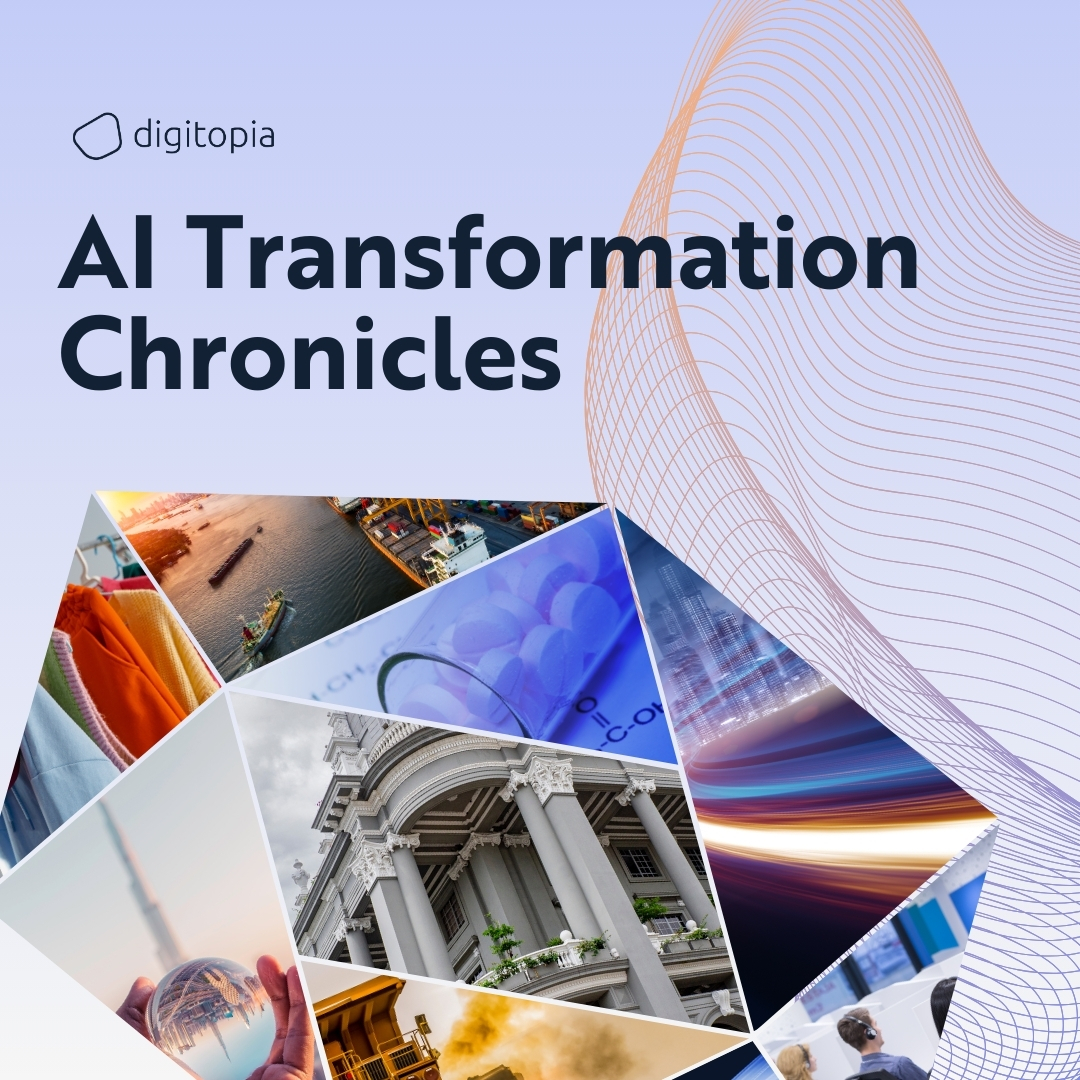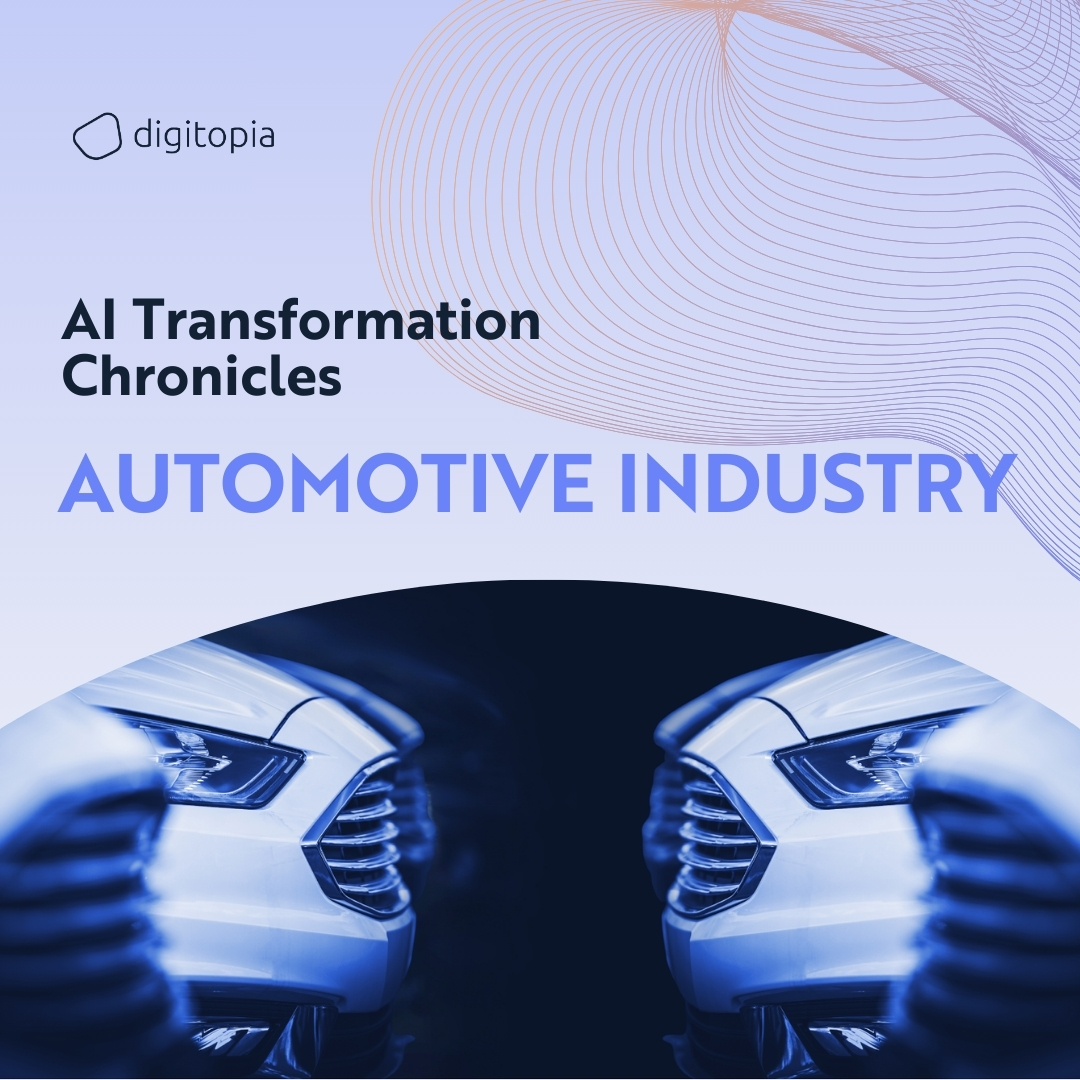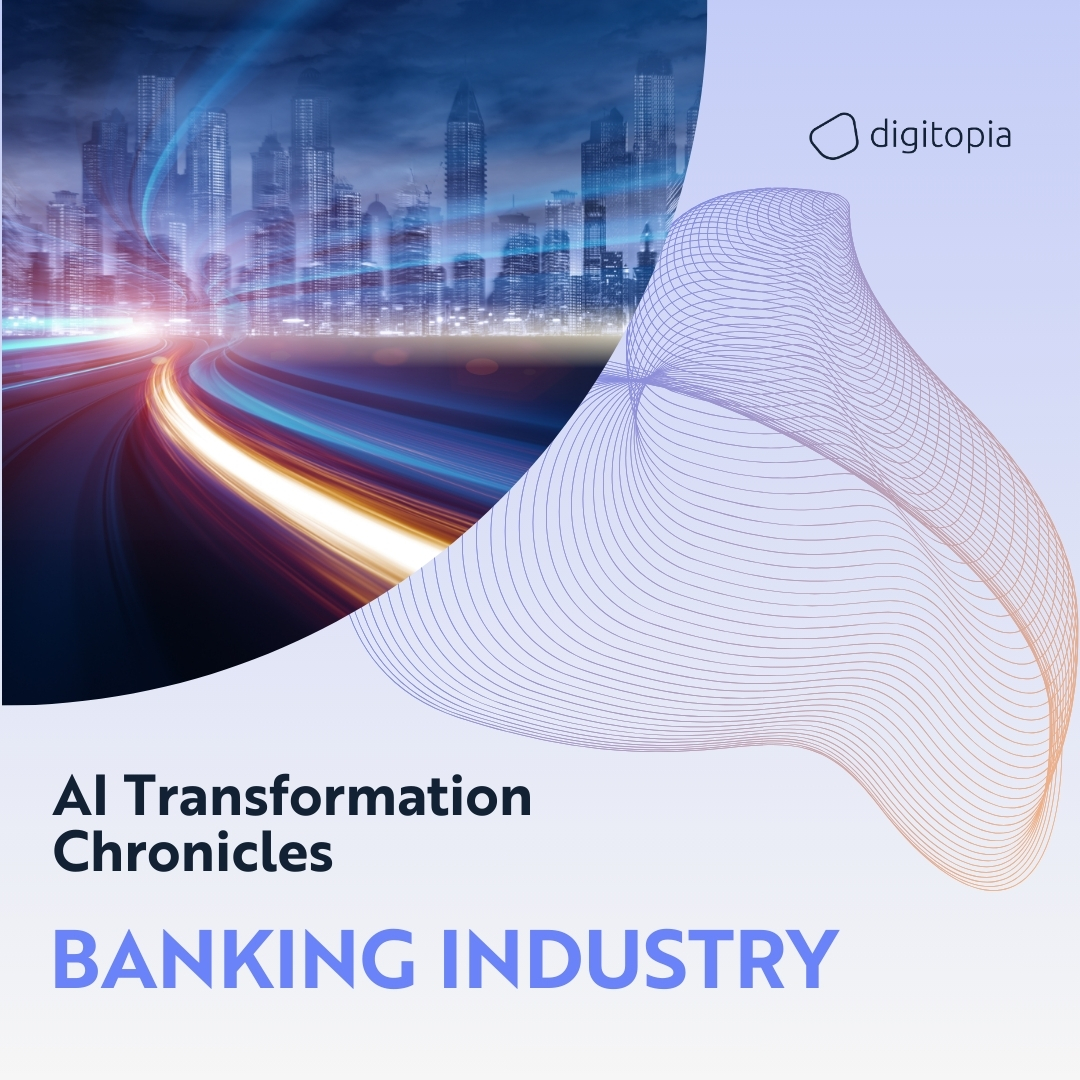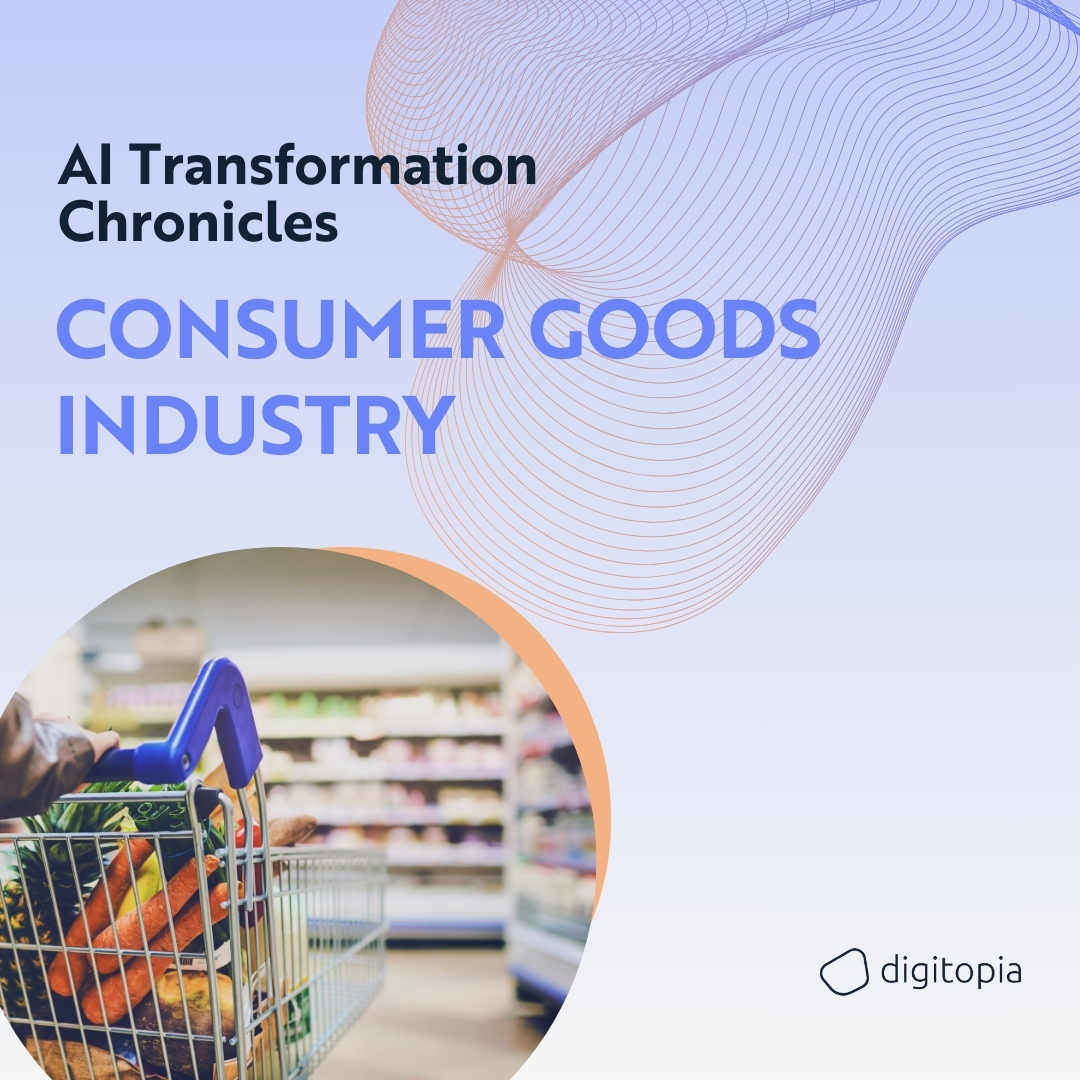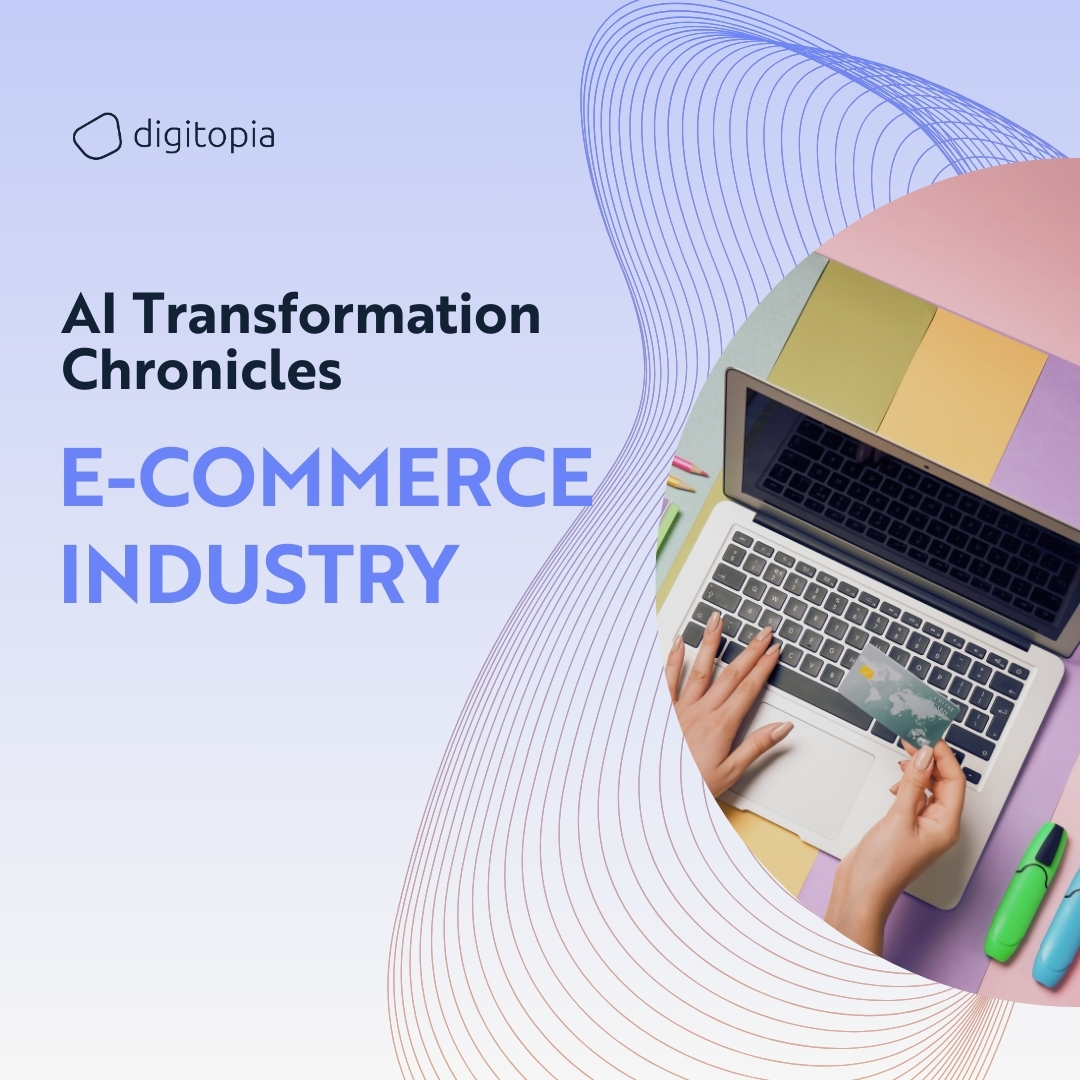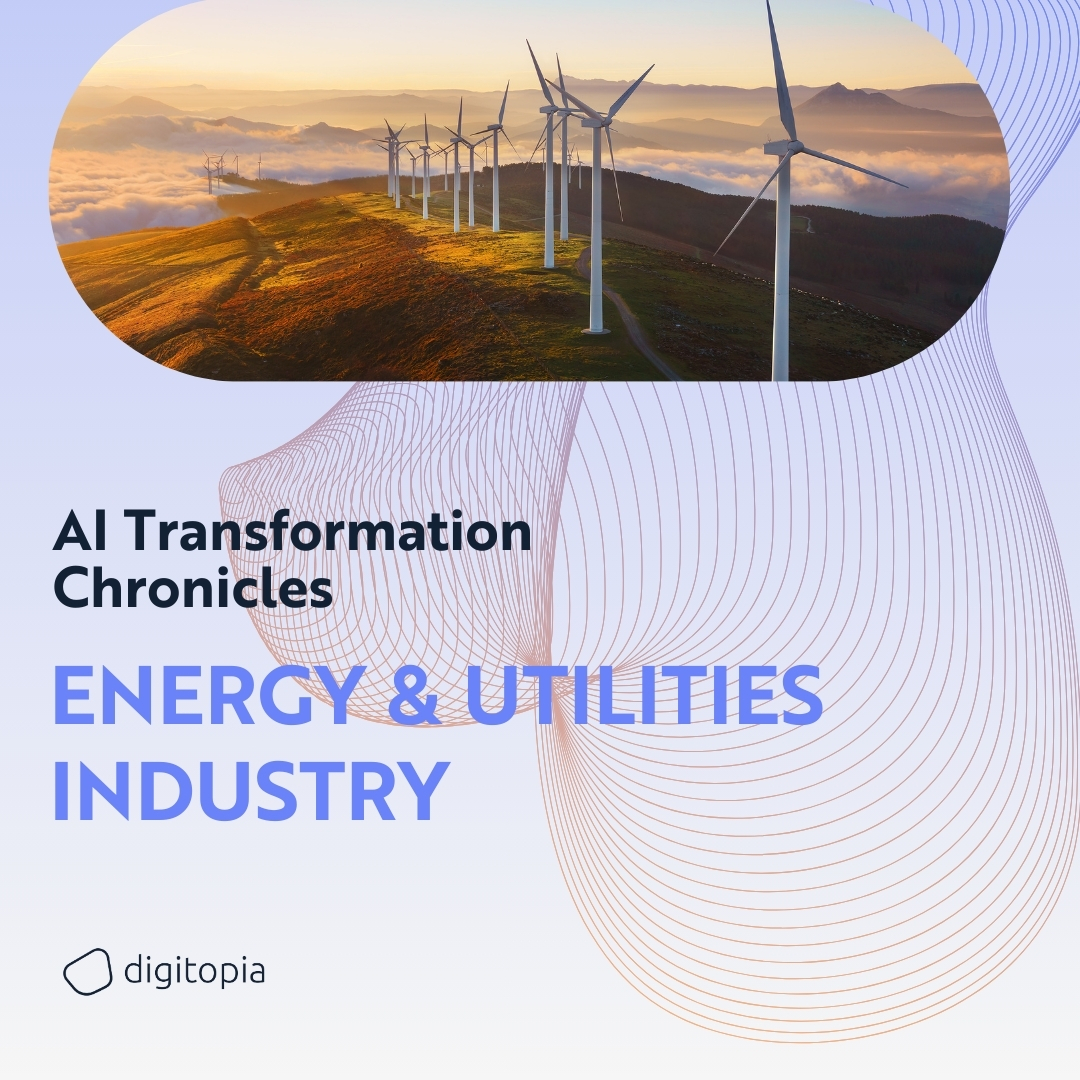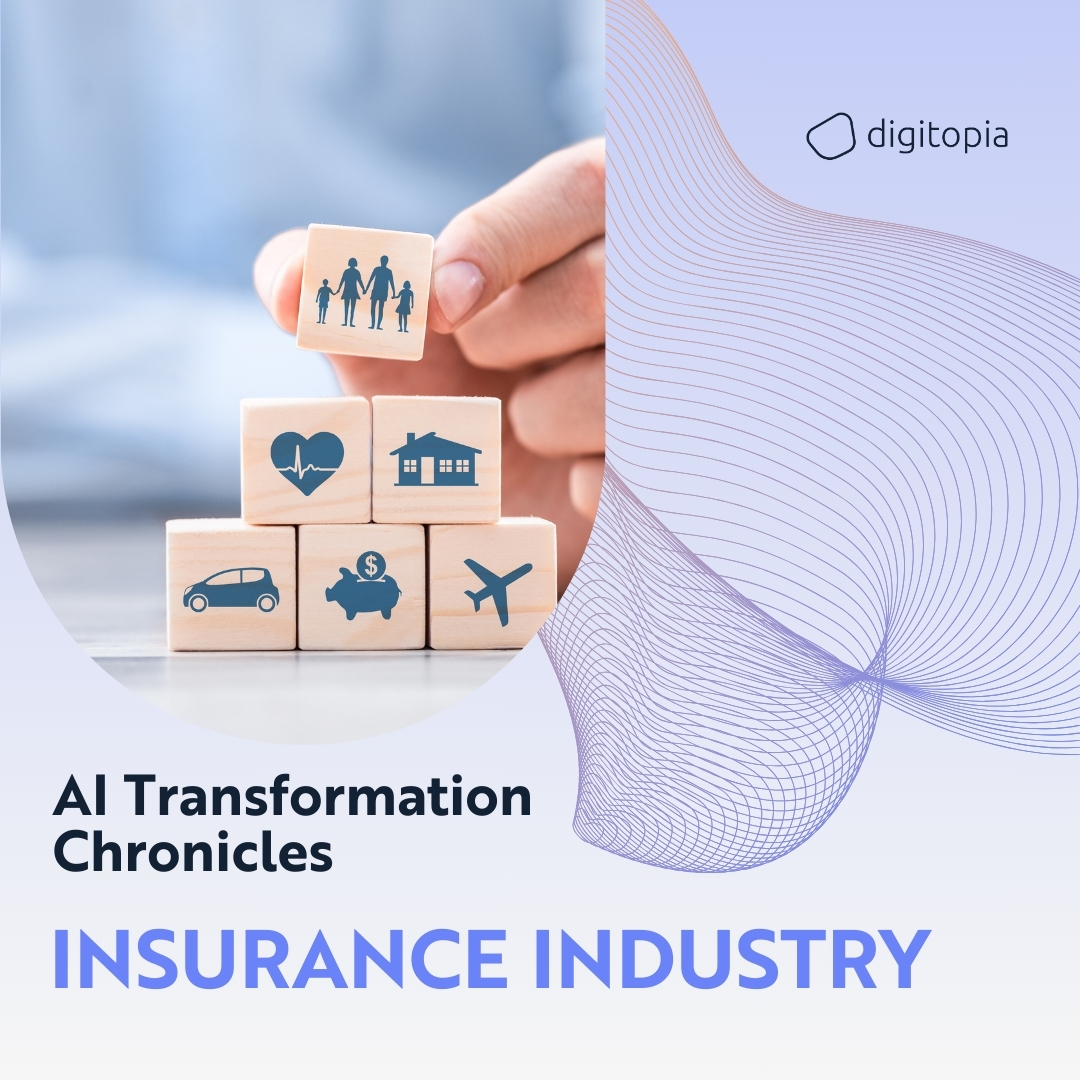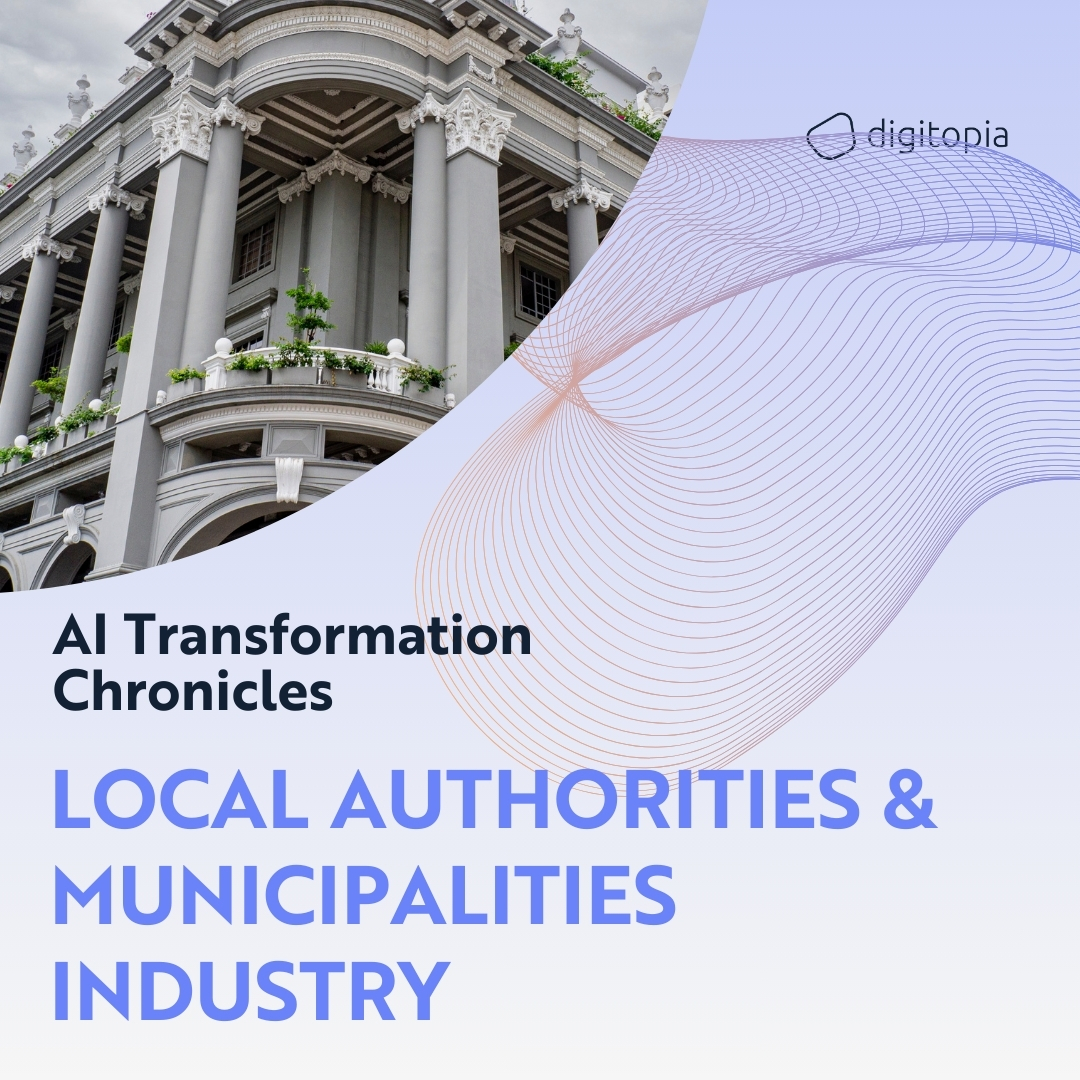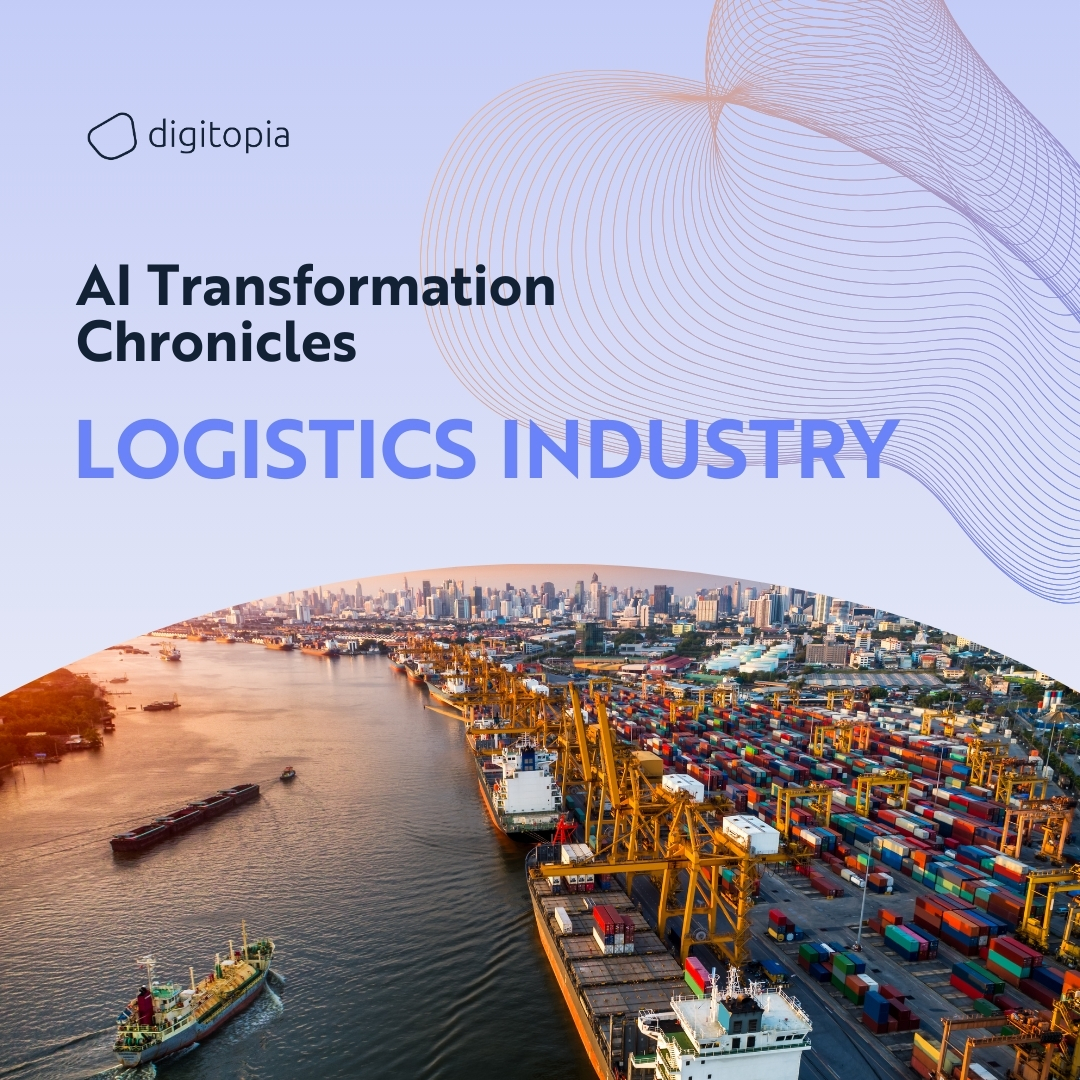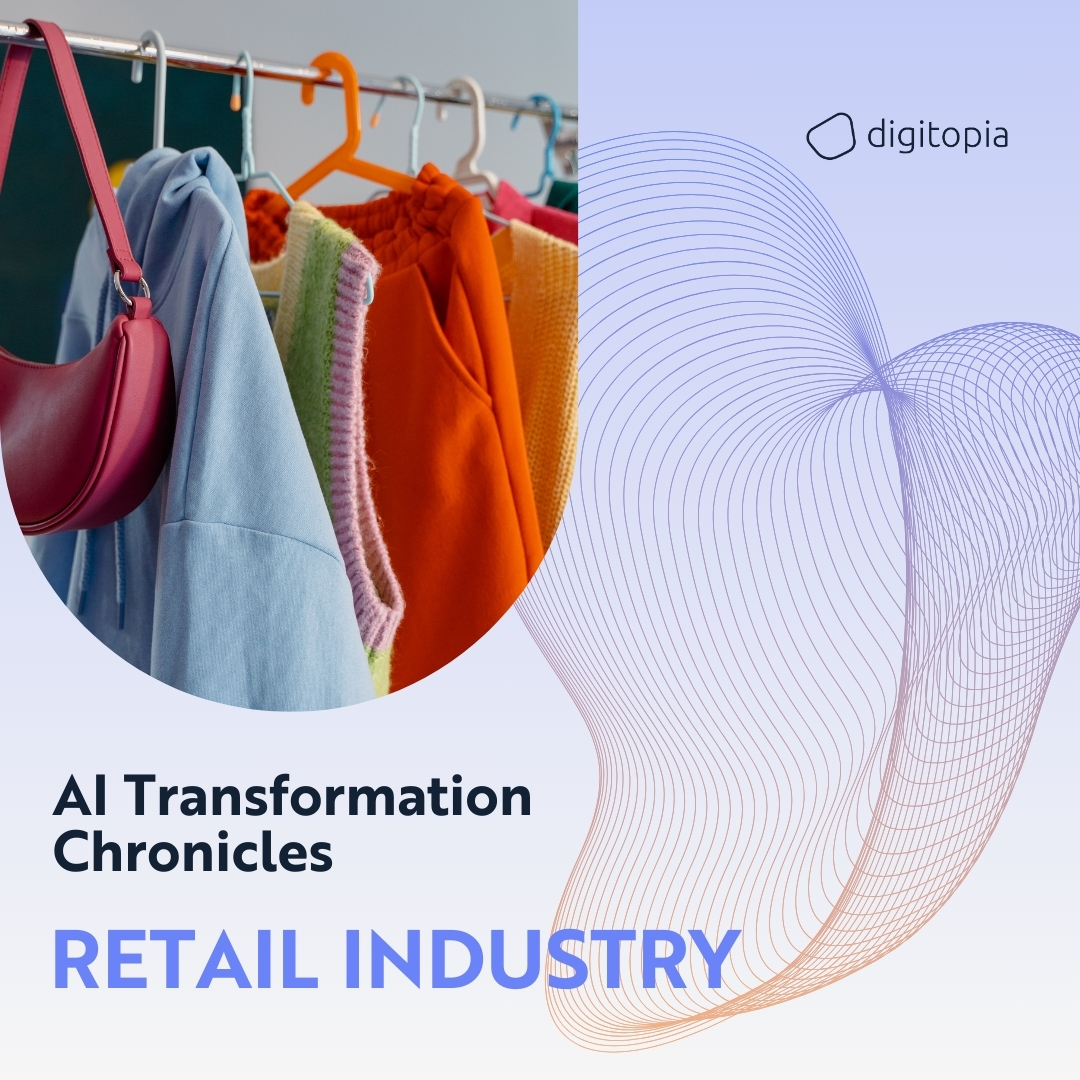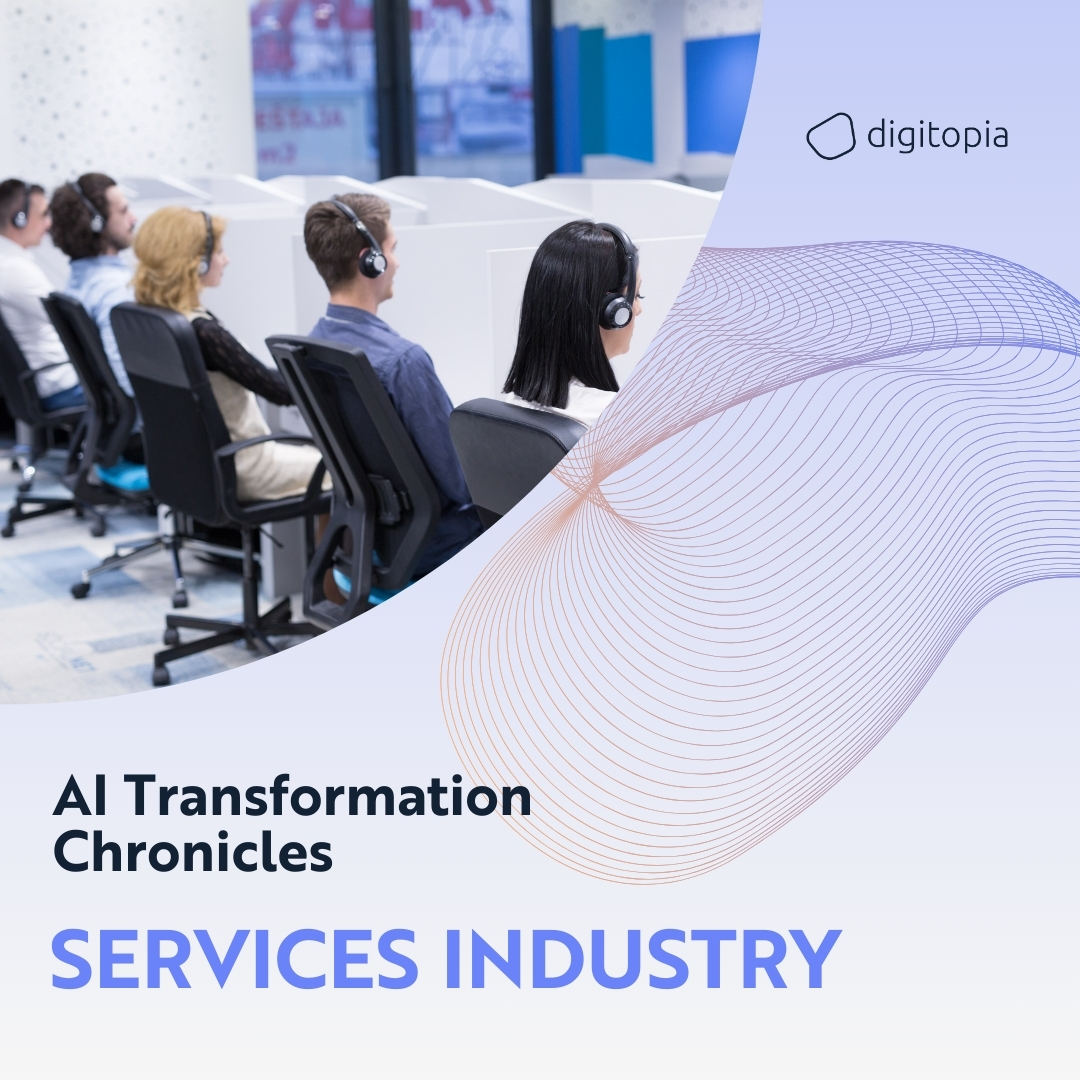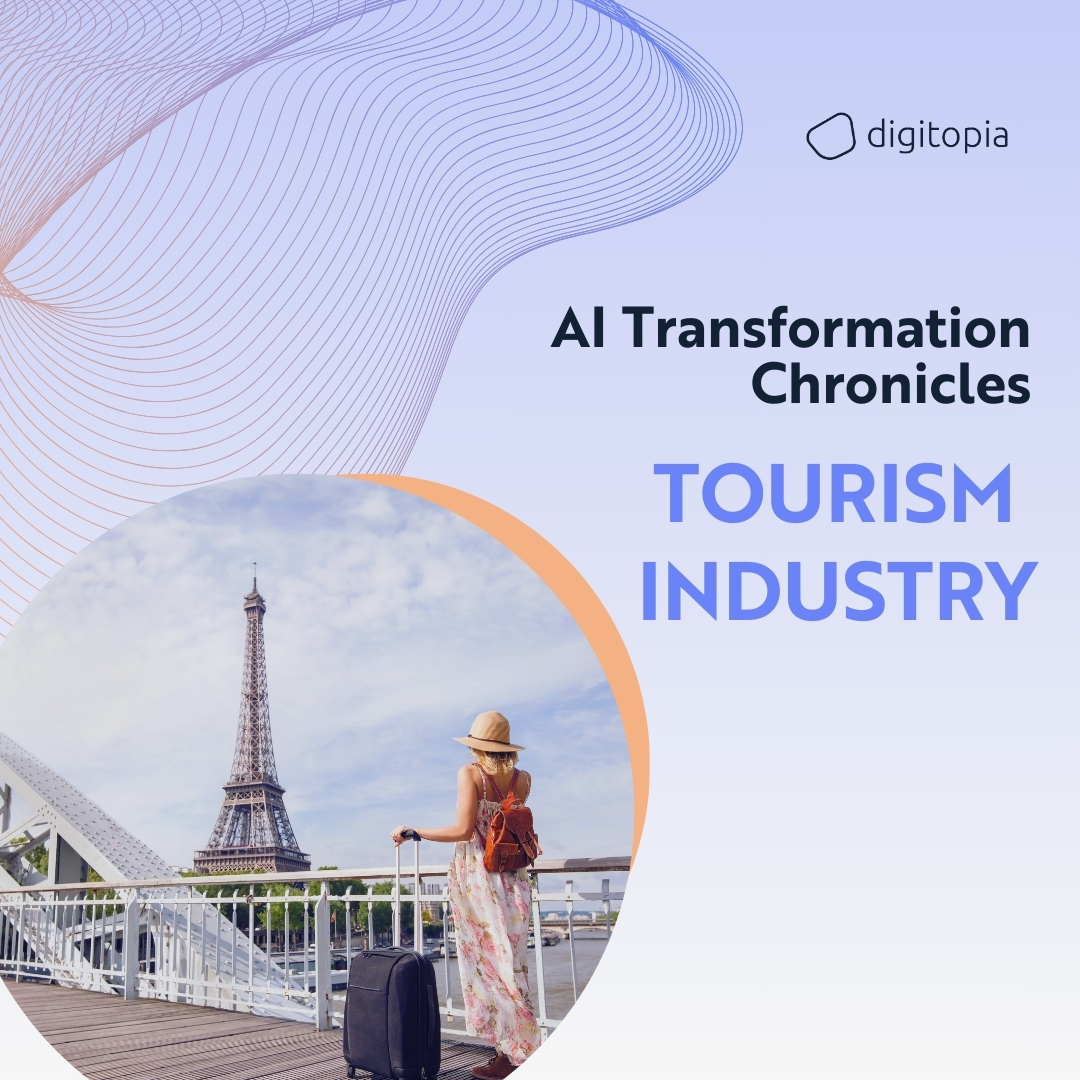
Artificial Intelligence (AI) is revolutionizing industries across the globe, and the insurance sector is no exception. The potential for AI to transform the insurance industry is vast, promising enhanced efficiency, improved customer experiences, and innovative risk management solutions. From automating claims processing to personalizing customer interactions, AI offers insurance companies the tools to innovate and stay competitive in a rapidly evolving marketplace.
The Promise of AI in Insurance
Artificial Intelligence (AI) is poised to revolutionize the insurance industry by unlocking new levels of efficiency, accuracy, and customer satisfaction. By harnessing the power of AI, insurers can streamline operations, enhance risk assessment, personalize customer interactions, and develop innovative products that meet the evolving needs of today’s consumers. The integration of AI not only promises to drive significant cost savings but also empowers insurers to offer more responsive, tailored services, positioning them to thrive in a competitive and dynamic market landscape.
- Customer Experience: AI-driven chatbots and virtual assistants provide 24/7 customer support, streamline claims processing, and personalize policy recommendations based on individual needs and behaviors.
- Operational Efficiency: AI can automate routine tasks, such as data entry and claims adjudication, reducing administrative costs and freeing up human resources for more strategic activities.
- Risk Management: Predictive analytics and machine learning models enhance risk assessment and underwriting processes, enabling more accurate pricing and reduced fraud.
- Innovation in Products: AI facilitates the development of new insurance products tailored to emerging risks and customer preferences, such as usage-based insurance and dynamic pricing models.
Despite these promising opportunities, the journey to harnessing AI’s full potential in insurance is fraught with challenges, particularly around aligning business objectives with risk and compliance requirements.
Learn More: Top 10 Secrets to Succeeding with AI
Our comprehensive ebook provides actionable insights, real-world case studies, and proven strategies to help you integrate AI into your operations and drive growth.
Download Now
Navigating Misalignment: The Snail’s Pace of AI Adoption
Recently, discussions with insurance industry leaders revealed a significant misalignment within organizations. Business unit leaders are eager to invest in AI, recognizing its transformative potential. However, risk and compliance teams often pump the brakes, insisting that all policies and risks be fully addressed before moving forward. This tension leads to a frustratingly slow pace of AI adoption, hindering innovation and competitive advantage.
Key Use Cases for AI in Insurance
To navigate these challenges, it’s essential to focus on high-impact AI use cases that demonstrate clear value and can build momentum for broader adoption. Here are the top 10 AI use cases in the insurance industry:
- Claims Automation: Streamlining the claims process with AI-driven automation reduces processing times and improves customer satisfaction.
- Fraud Detection: AI algorithms can analyze patterns and detect fraudulent activities more accurately than traditional methods.
- Underwriting: AI enhances underwriting accuracy by analyzing a wider range of data points, leading to better risk assessment.
- Customer Service: AI-powered chatbots provide instant support and information, improving customer experience and reducing call center volumes.
- Personalized Marketing: AI enables insurers to tailor marketing efforts based on customer data and behavior, increasing engagement and conversion rates.
- Risk Assessment: Predictive analytics helps insurers assess risks more accurately and develop more precise pricing models.
- Telematics: AI analyzes data from telematics devices to offer usage-based insurance, rewarding safe driving behaviors.
- Document Processing: Optical Character Recognition (OCR) and Natural Language Processing (NLP) streamline the processing of documents and forms.
- Customer Insights: AI tools analyze customer data to provide insights that drive product development and customer retention strategies.
- Regulatory Compliance: AI helps ensure compliance by monitoring regulatory changes and automating reporting processes.
Powerful Success Stories in AI-Driven Insurance
The AI revolution in the insurance industry is already underway, with pioneering companies demonstrating the transformative power of artificial intelligence. These success stories illustrate the significant benefits of AI adoption, from enhanced efficiency and accuracy to improved customer satisfaction and innovative product offerings. As these examples show, embracing AI is no longer a choice but a necessity for insurers who wish to stay competitive and meet the demands of the modern market.

Lemonade: Revolutionizing the Insurance Experience
Challenge: Traditional insurance companies often struggle with lengthy and cumbersome claims processes, leading to customer dissatisfaction and high administrative costs. The process typically involves multiple steps, including form submissions, document verification, and manual assessments, which can take days or even weeks to complete. This inefficiency not only frustrates customers but also ties up valuable resources that could be better used elsewhere.
Solution: Lemonade, an insurtech company, harnessed the power of AI to completely overhaul the claims process. By integrating AI and machine learning into their systems, Lemonade developed an AI-driven claims bot named “AI Jim” that can handle the entire claims process from start to finish. AI Jim can verify claims, cross-check them with the policy terms, and approve payments in as little as three seconds. The use of AI extends beyond claims, with Lemonade employing chatbots for customer service and policy management, providing a seamless and intuitive user experience.
Benefits: The implementation of AI has allowed Lemonade to significantly reduce the time and cost associated with processing claims. Customers experience quick and hassle-free service, enhancing their satisfaction and loyalty. The efficiency gains have also enabled Lemonade to offer competitive pricing while maintaining profitability. By leveraging AI, Lemonade has positioned itself as a modern and customer-centric insurer, attracting a tech-savvy and value-conscious customer base.

Progressive: Personalizing Auto Insurance with Telematics
Challenge: Auto insurance pricing has traditionally been based on broad demographic factors and historical data, which often results in pricing that does not accurately reflect individual driving behaviors. This can lead to dissatisfaction among customers who feel they are being unfairly charged. Additionally, insurers face the challenge of differentiating themselves in a competitive market where price sensitivity is high.
Solution: Progressive introduced its Snapshot program, which leverages telematics technology to gather real-time driving data from customers. By using a plug-in device or a mobile app, Snapshot collects information on driving habits, including speed, braking patterns, and the times of day when driving occurs. This data is then analyzed by AI algorithms to create personalized risk profiles and offer customized insurance rates based on actual driving behavior.
Benefits: The Snapshot program has transformed how Progressive assesses risk and prices policies. Safe drivers are rewarded with lower premiums, incentivizing good driving behaviors and increasing customer satisfaction. The personalized approach not only helps attract and retain customers but also allows Progressive to better manage its risk portfolio, reducing the frequency and severity of claims. As a result, Progressive has gained a competitive edge in the auto insurance market by offering a fairer and more transparent pricing model.

Allstate: Enhancing Fraud Detection and Claims Automation
Challenge: Fraudulent claims pose a significant challenge to the insurance industry, leading to substantial financial losses and increased premiums for honest policyholders. Traditional fraud detection methods are often reactive and manual, making it difficult to keep pace with sophisticated fraud schemes. Additionally, the manual processing of claims can be time-consuming and prone to errors, further impacting customer satisfaction.
Solution: Allstate adopted AI and machine learning technologies to enhance its fraud detection and claims automation processes. The company implemented an AI-powered system that analyzes vast amounts of data to identify patterns and anomalies indicative of fraudulent activities. This proactive approach allows Allstate to flag potentially fraudulent claims for further investigation. Moreover, Allstate uses AI to automate routine claims processing tasks, from data extraction to decision-making, reducing the reliance on manual intervention.
Benefits: By leveraging AI, Allstate has significantly improved its ability to detect and prevent fraud, reducing financial losses and maintaining the integrity of its insurance offerings. The automation of claims processing has led to faster turnaround times, enhancing the overall customer experience. Customers benefit from quicker resolutions and more accurate claim assessments, while Allstate enjoys cost savings and operational efficiencies. The adoption of AI has positioned Allstate as a forward-thinking insurer committed to innovation and customer-centricity.
Key Recommendations for Successful AI Transformation
- Create a Sense of Urgency and Align Leadership: Foster a shared vision among all stakeholders, emphasizing the strategic importance of AI. Leadership must champion the AI agenda and create an environment that encourages innovation while addressing risk and compliance concerns collaboratively.
- Select the Right Use Cases and Execute Them: Focus on high-impact, feasible AI projects that demonstrate clear benefits and quick wins. Prioritize use cases that address critical business needs and have measurable outcomes.
- Continuously Measure Maturity and Ensure Success: Utilize tools like Digitopia’s AI Maturity Index to assess your current state, benchmark against peers, and identify improvement areas. Continuous measurement and iteration are crucial to maintaining momentum and achieving long-term success.
By embracing AI and navigating the internal challenges with strategic alignment, insurance companies can unlock new opportunities, drive growth, and stay ahead in an increasingly competitive landscape.



